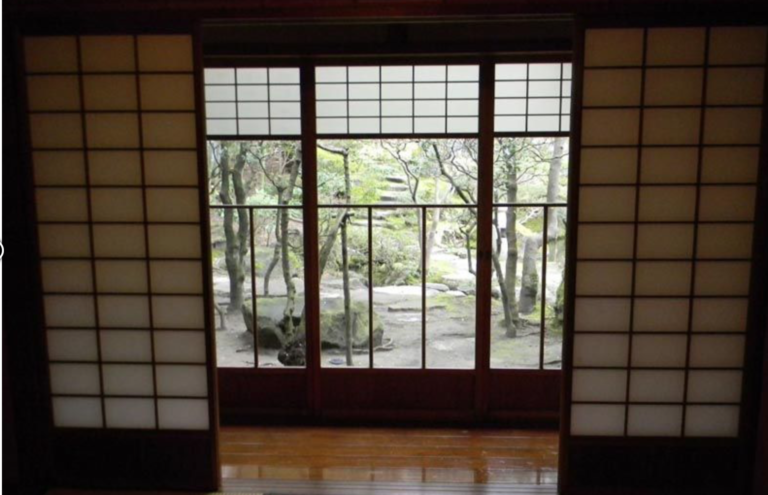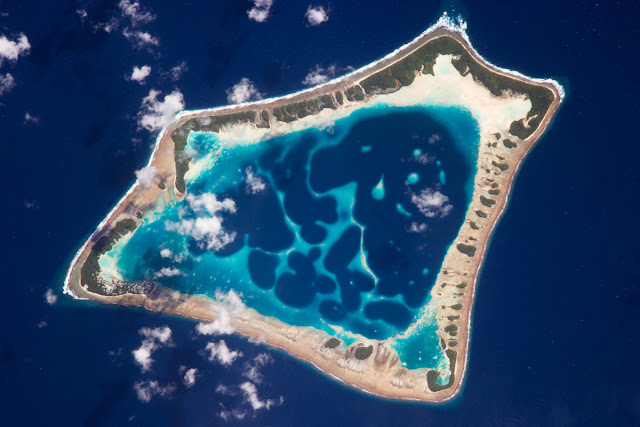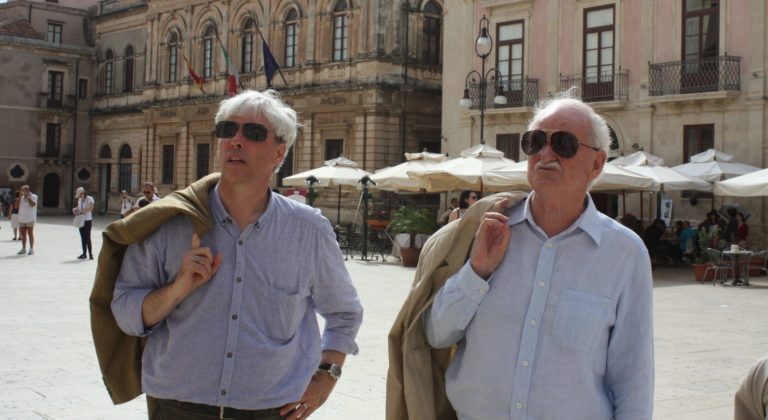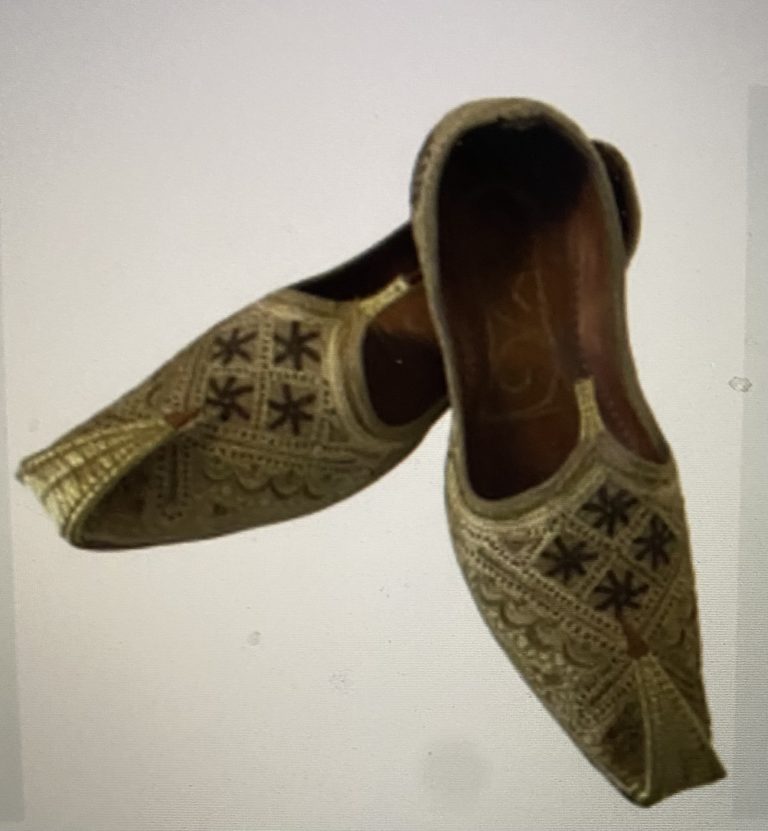Breakfast with the Baronessa
At a retirement dinner for me in London, Robert Armstrong, the previous Cabinet Secretary, took Julie aside to ask the question on every wife’s mind, “What are you going to do with him”? The advice he offered was as good as any given to his Prime Minister: “Do what I did and set off on some attractive journey immediately to avoid him waking up on Monday and wondering why he was not going to the office.”
So we joined a group walking across Sicily from Catania to the north coast and I forgot all about the office. We walked through the rather barren hills of the centre sometimes on stretches of Roman road and bridges still usable. We passed the sinister cave where Persephone had been spirited away to the underworld, stayed in the comfortable house of a Mafia don and walked through the Madonie mountain range where Julie taking a noonday nap woke to find a wolf studying her thoughtfully.
On the last day we moved into prosperous farmland, walking down a shallow valley to the sea. The crops were well-tended and flourishing. We passed a stand of cork trees being stripped of their bark. It was a slightly shocking sight, the trees pink and glistening nakedly in the morning light. We came down to an old stone manor-house and were welcomed by the elderly Baronessa, owner of the valley and a fierce-looking woman. Her name was never mentioned; she came from a world where these things were either known or none of your business. She did, though, feel it necessary to give an opening lecture warning us against being impressed by the trashy titles of prince and duke given by the Bourbons. At the end of the 12th century the Normans had allocated land in seventy-two baronies and the only people worth respect were those, like herself, who still held that land.
Then she took us inside but there was always something to learn from the Baronessa. The stone staircase to the salon was built outside, running up the wall of the house. This, she said proudly, was a feature of architecture in the time of the Aragonese kings in the 15th century. The architects clearly regarded including a railing as the mark of a softy and so you had to navigate the stairs with some caution to avoid falling into the courtyard below.
Conversation was easy, she had good English and liked to talk but almost any gambit seemed to uncover her combative nature. I praised the field in front of the house filled with trees bearing bright lemons. She snorted with irritation. The EU, she claimed, had ordered her to plant them and now said there was a glut and they were not wanted. I said soothingly that governments were not good at running agriculture but this only increased her irritation.
Julie and I spent the day on the white sand beach, recovering from the walk. At breakfast the next morning the Baronessa read her mail while we ate an omelette. Suddenly she snorted, a sound already becoming familiar, and waved a letter at us. It was from the Regional Council and informed her that all previous surveys had been in error and a resurvey of the two or so kilometres of prime beach land had showed that it was not hers at all. I was astonished at so improbable a claim but she said it was the Mafia who coveted the beach on which to build a series of resorts. I asked what she could do about such a shameless land grab but her ancestors had not survived in Sicily by fussing about the rule of law or convening a committee. She said tersely, “I’ll fix them”, jammed a hat on her head with a hatpin and set off up the railway line to Palermo.
She was away for the rest of the day and we came up the stone staircase the next morning eager to learn what had happened. The Baronessa did not burden us with detail. All she said, with a grim little smile, was “I fixed them”. The smile was the only mark of her triumph but in its brief flash I saw that the Norman toughness that had held the land for eight centuries still flourished in the Baronessa.





